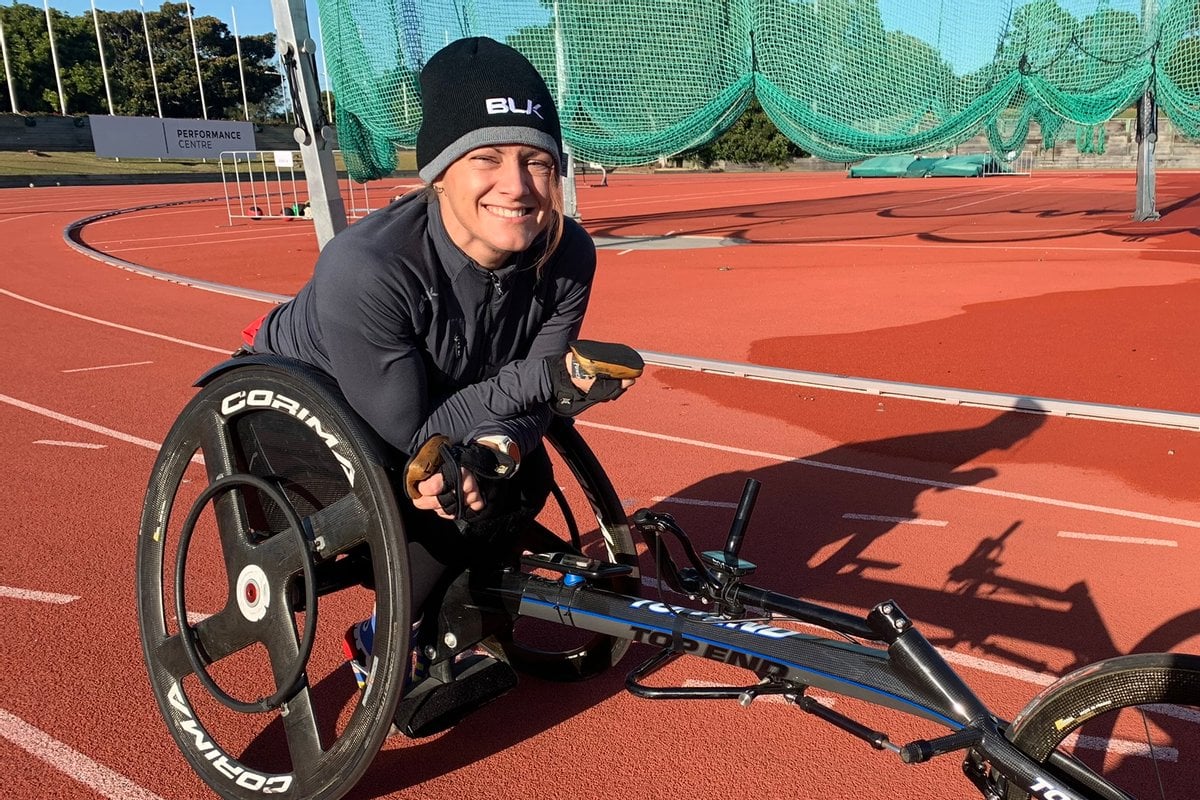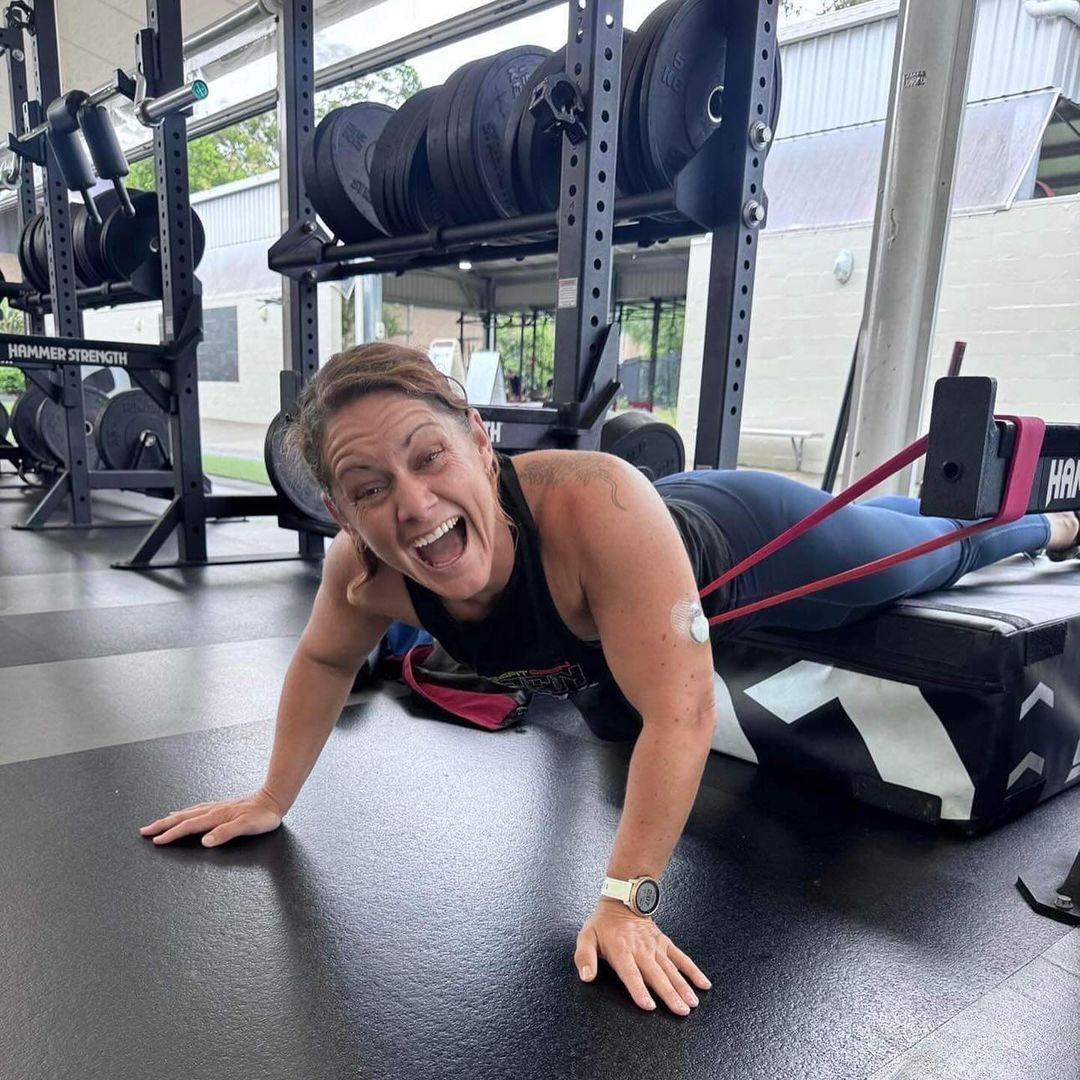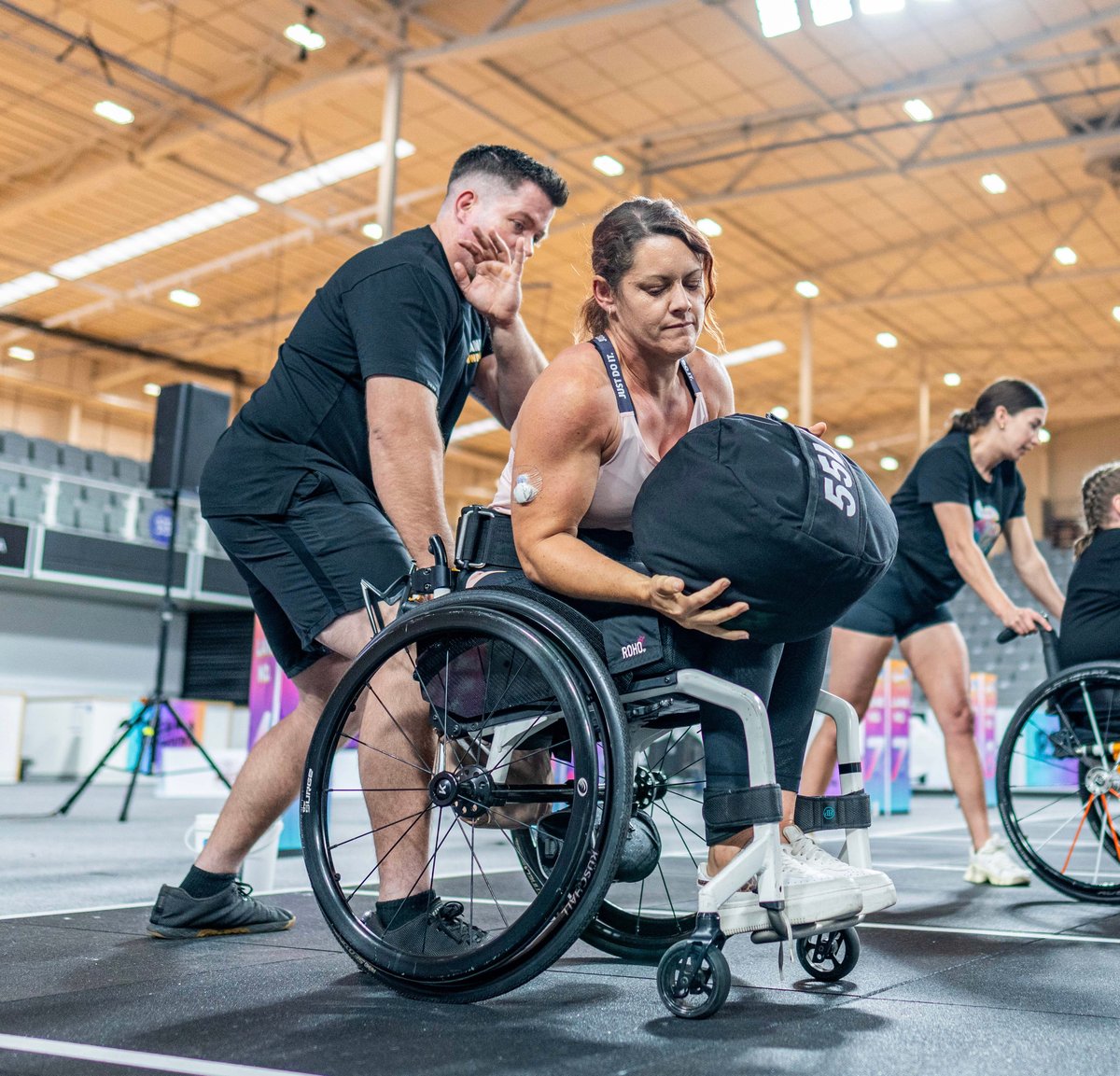

Elite adaptive athlete and passionate disability advocate, Natasha Price, was just 18 years old when she was first diagnosed with type 1 diabetes.
Although she wasn’t expecting the diagnosis, it "wasn’t a total shock" either, with several family members having been diagnosed with the condition.
"I didn't initially think of it as that huge a deal. It was just another health issue for me to deal with," says Natasha. "I'd had fibromyalgia — a chronic condition that causes musculoskeletal pain — plus rheumatoid arthritis, and a few other things to contend with, so I kind of took it on the chin.
"It wasn't until I'd probably been diabetic for maybe four years before it actually started to become quite problematic for me."
Believing her diagnosis was controlling her life through food limitations, Natasha tried to take some power back, but ultimately fell into an eating disorder, which left her hospitalised — a common response to the diagnosis, particularly among women.
Natasha has educated herself though over time about what it means to be type 1 diabetic, and the importance of maintaining a suitable diet and levels of activity. Without proper maintenance of blood sugar levels, diabetics can experience adverse effects, so food intake and exercise does matter.
"Potentially, that's part of the reason why I ended up with such disordered eating, because I got sick of having to constantly battle with blood sugars, in order to maintain enough control to keep my life the way I wanted it to be — as a dancer, as a college student, and as a young woman that just wanted to go out and enjoy life."


